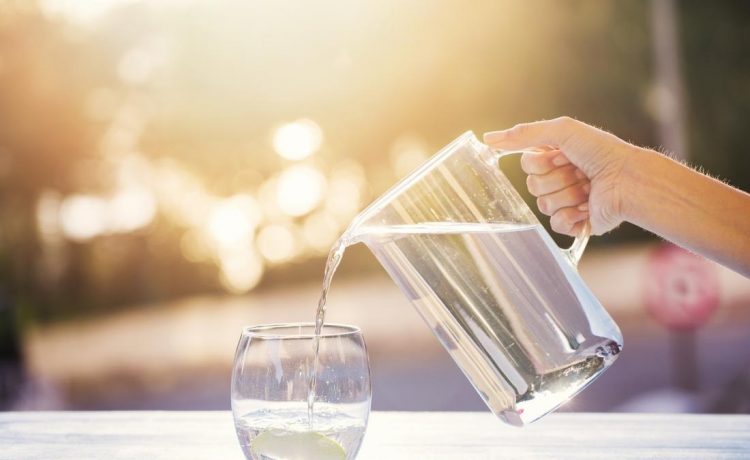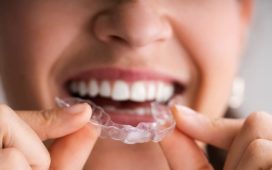Registered dietitian Kerry Bair stresses the need of being well hydrated all summer long. We’re willing to bet that you’ve heard the importance of being hydrated emphasised more than once, especially when you’re working up a sweat via physical exercise. But what does it really mean? During practise (or in everyday life), we want you to consider how you feel when you remember to drink regularly vs when you forget to drink often. In general, people report a marked improvement in their health after they begin drinking alcohol regularly.
Being well-versed on the inner workings of the human body might help one better appreciate the need of being well hydrated.
Intake of adequate fluids is necessary for maintaining proper hydration levels in the body. Somewhere between sixty and seventy percent of a person’s body weight is water. Water is essential for life because it is used by the body in every metabolic process and because it is a component of every cell, tissue, and organ. Water is essential for the following processes in the body: delivering oxygen and nutrients to all of the body’s cells and muscles
Control hypertension
Control internal heat production
- Keep your heart safe.
- Avoid becoming sick by getting rid of any stored toxins or bacteria that might do you harm.
- Facilitate your healing by getting rid of the workout byproducts that are bothering you.
- Keep your digestive tract healthy so that you may get the most benefits from the food and nutrients you eat.
So, how many glasses of water should you strive to take on a daily basis?
To maintain a healthy level of hydration throughout the day, it is necessary that you have a consistent intake of water. The ideal amount of water to drink each day is 40-60% of your body weight (in pounds). At the very least, this should be your aim. Half your body weight in ounces of water is the recommended daily intake of water for most healthy people. There comes the Hydration Packets with the best choices.
Athletes need to drink an additional 8-16 ounces of water in the two hours before up to training, another 8-16 ounces each hour while training, and another 16-24 ounces in the hour after training just to stay at a healthy level of hydration.
However, it takes more than just water to maintain proper hydration.
To keep hydrated, it’s not enough to just drink enough water every day; one also has to maintain an ideal balance of fluids across the body’s many systems. Carbohydrates are a potential source of energy for this procedure (commonly known as sugar). Additionally, electrolytes must be present. You need the electrolytes, which are found naturally in your body, to keep the fluid balance in your body at a healthy level. The three most crucial ions for the hydration process are sodium, potassium, and chloride. When fluid levels in the body change due to things like eating, drinking, going to the bathroom, and breathing, electrolytes play a part in keeping everything in check, both within and outside of the cells. All of these actions either add fluid to the body or remove it via sweating and urination.
Hydration
This means it’s just as important to refill your body’s water supply as it is to replace your electrolytes after exercise. Either a food or a beverage consumed before, during, or after exercise may help you achieve your goal.







